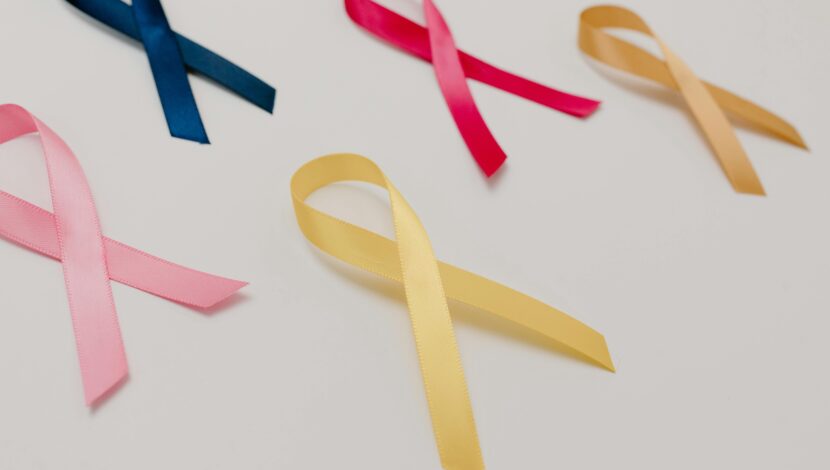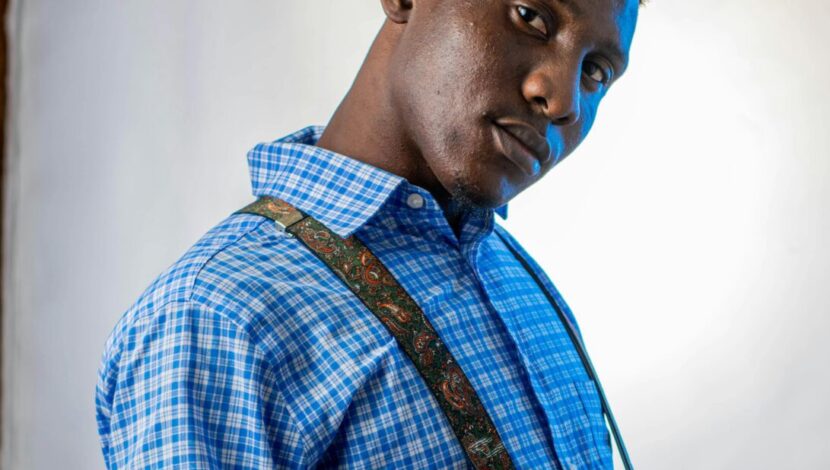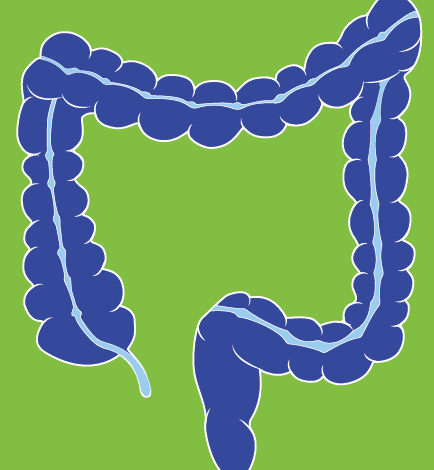 As we hear more about Monkeypox and its spread, our community’s safety is our priority. Understanding the symptoms and what you can do to stop the spread is crucial.
As we hear more about Monkeypox and its spread, our community’s safety is our priority. Understanding the symptoms and what you can do to stop the spread is crucial.
Monkeypox is spread through direct contact with the infectious rash, scabs, or body fluids. In addition, it can spread through:
- contact with fluids such as saliva during prolonged, face-to-face contact or during intimate physical contact, such as kissing, cuddling, or sex
- touching items (such as clothing or linens) that previously touched the infectious rash or body fluids
- pregnant people can spread the virus to their fetus through the placenta
- monkeypox can spread from the time symptoms start until the rash has fully healed and a fresh layer of skin has formed
Monkeypox symptoms vary from person to person and can last for 2-4 weeks. They can include:
- Fever
- Headache
- Muscle aches and backache
- Swollen lymph nodes
- Chills
- Exhaustion
- A rash that can look like pimples or blisters that appears on the face, inside the mouth, or on the hands, feet, chest, genitals, or anus.
If you think you have monkeypox, here are a few things you should do:
- Avoid sex or being intimate with anyone until a healthcare provider has checked you out.
- If you don’t have a provider or health insurance, call HJAHC for a telehealth appointment.
- When you see a healthcare provider, wear a mask, and let them know you’re concerned about monkeypox
- Avoid gatherings, especially if they involve close, personal, skin-to-skin contact.
- Think about the people you have had close, personal, or sexual contact during the last 21 days, including people you met through dating apps. To help stop the spread, you might be asked to share this information if you have received a monkeypox diagnosis.
If you know you have been exposed:
- See your healthcare provider
- Seek out a vaccine (early vaccination within four days of exposure can prevent illness)
Our caring providers are always here to help you. Call to make an appointment: 609-278-5900





